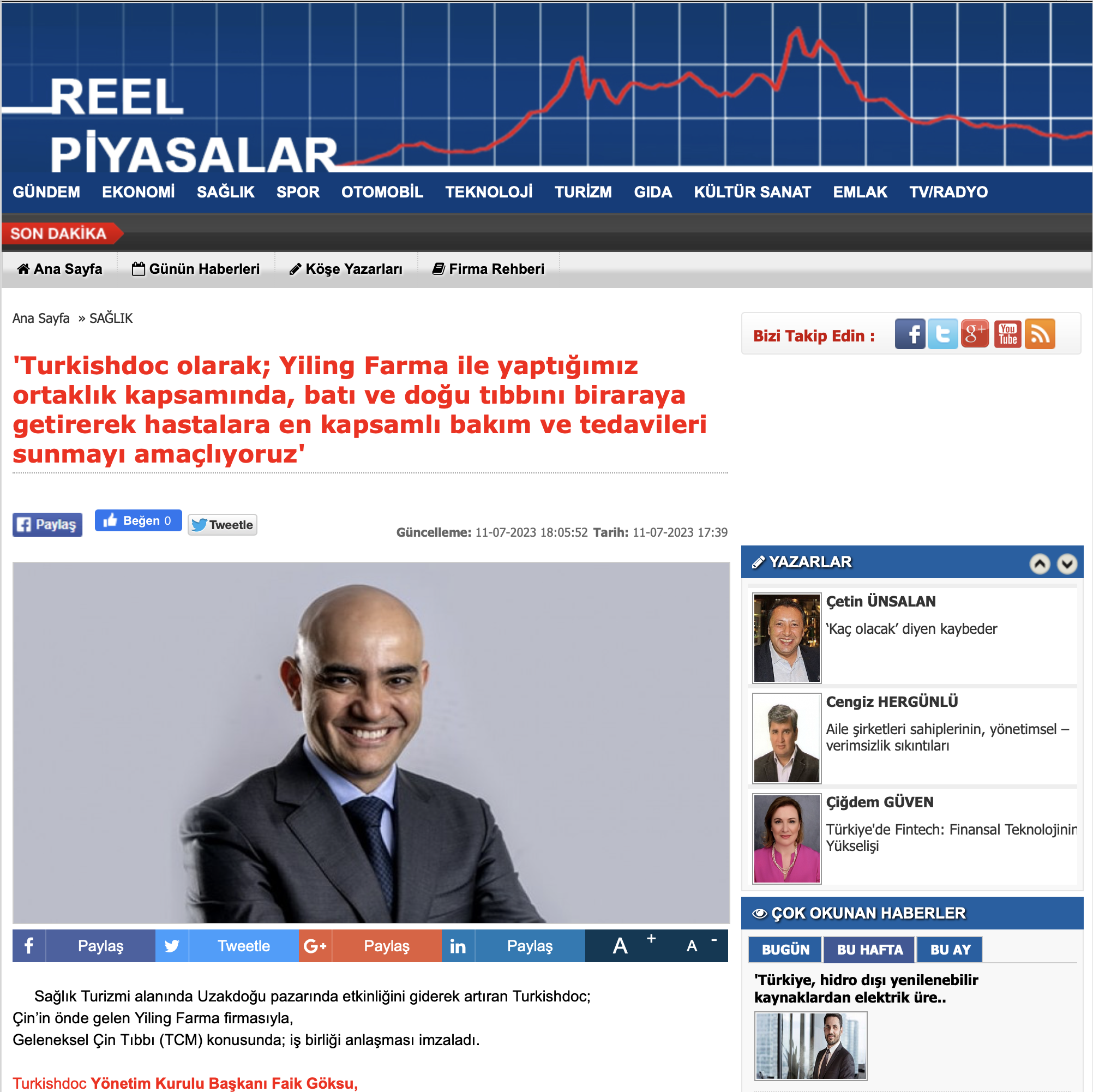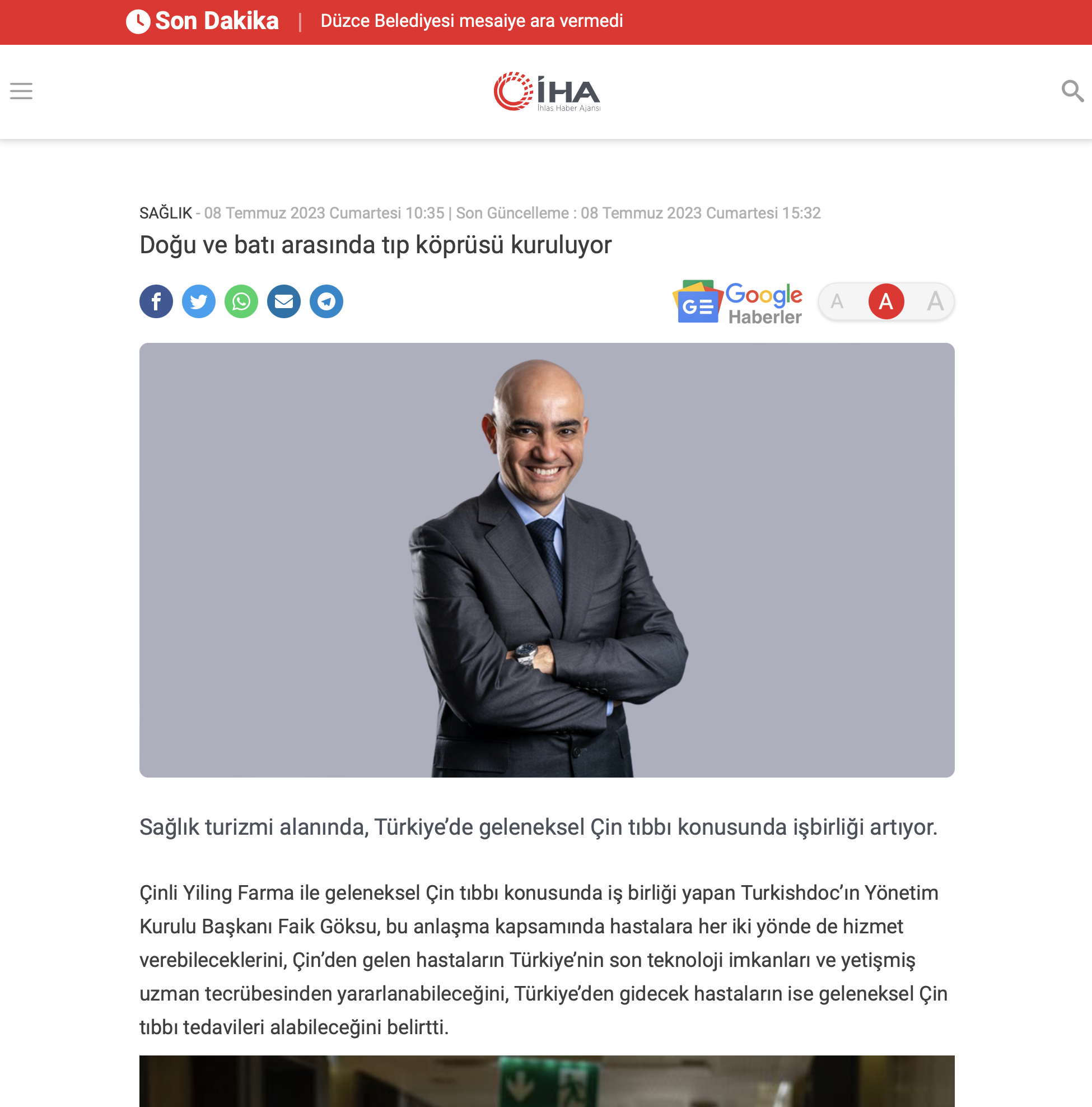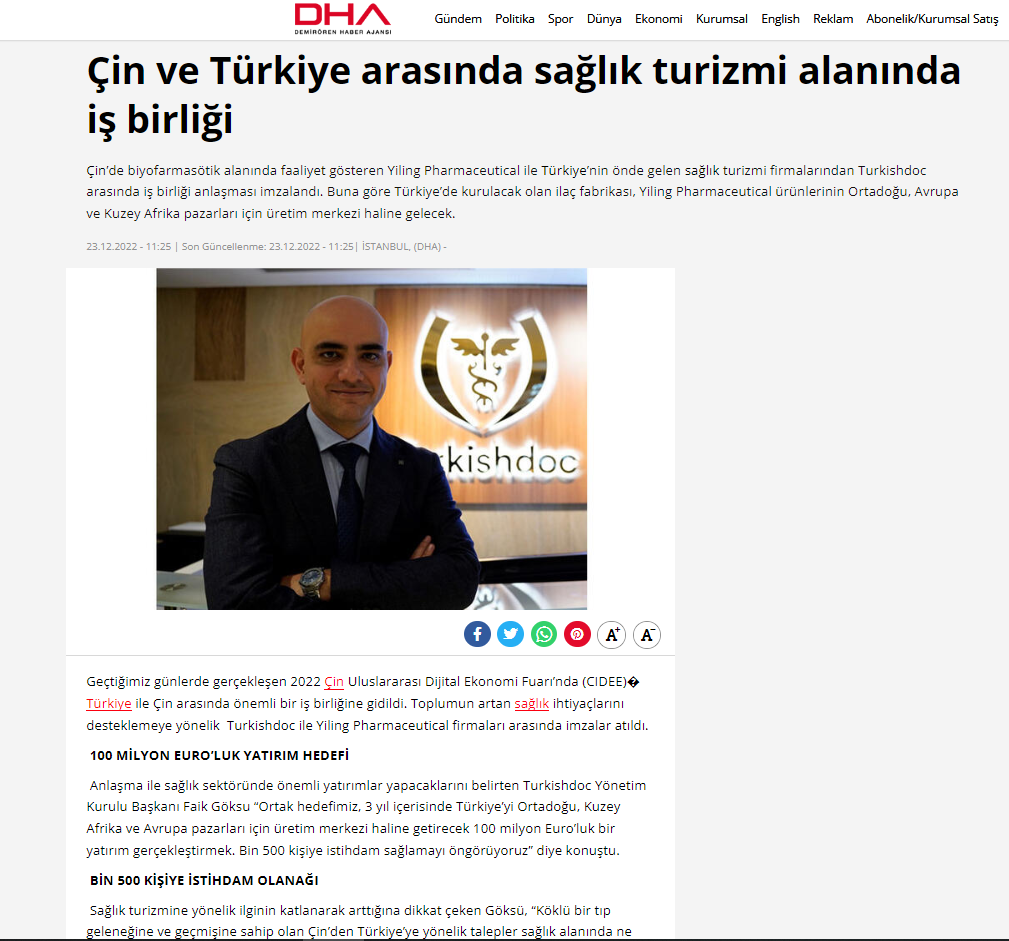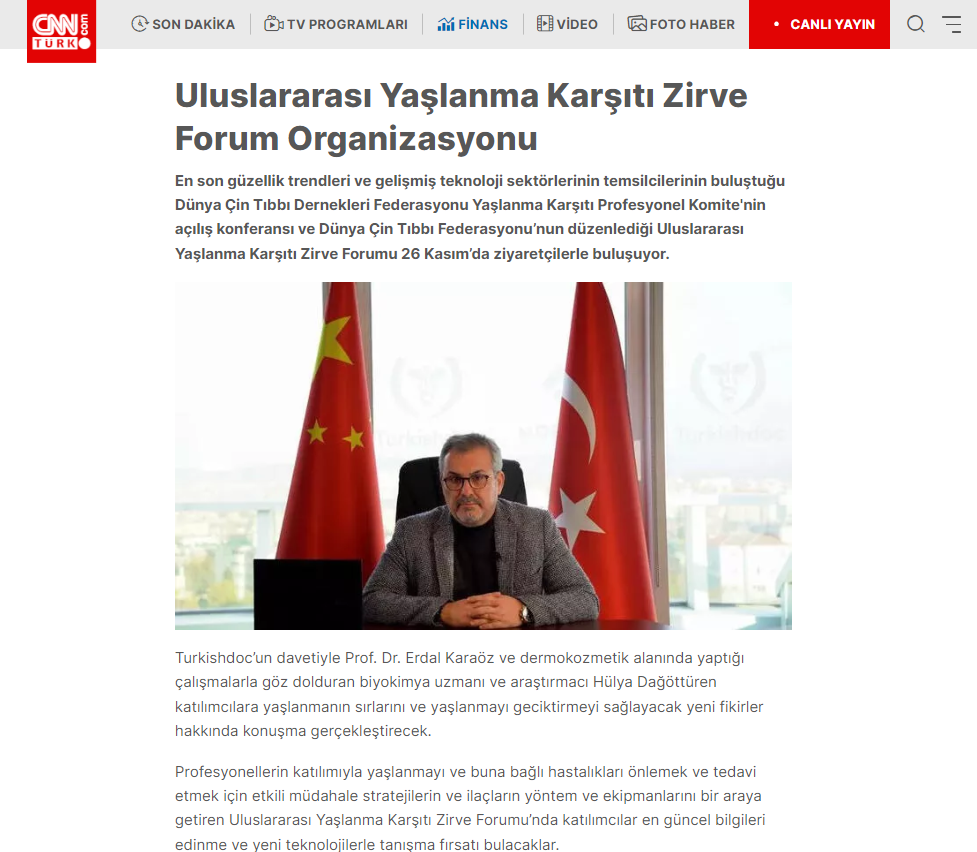Turkishdoc
What Is Diskectomy?
A discectomy is a herniated disc surgery that is performed in a closed setting. This surgery removes the damaged part of the disc that has damaged the spine. A herniated nerve can irritate and compress adjacent spinal nerves, which can harm a person’s life. A discectomy for a herniated disc in the legs is a good treatment to end arm or leg pain caused by a herniated disc. This procedure is less effective in the back or neck than in other areas. If a person complains of back or neck pain with a herniated disc, he or she should turn to arthritis medication or physiotherapy. Causes excruciating pain, weakness, and numbness in the lower back, surgical intervention is offered as a solution. In short, if non-surgical treatment methods do not work, discectomy is recommended and usually gives positive results.
Why Is A Discectomy Performed?
A discectomy is performed to relieve pain and pressure on the nerve root by removing herniated disc fragments and damaged parts. This is because a herniated disc, also called a disc prolapse, presses on the spinal nerve. This causes pain that radiates from the spine to the legs and arms. Lumbar disc herniation, which affects the daily life of the person and reduces their work capacity, is eliminated by a discectomy. Closed herniated disc surgery, one of the newest treatment methods, is recommended for people suffering from this disease. In this case, the reasons for discectomy are generally as follows:
- Difficulty walking and moving due to herniated disc
- Pain radiating to the buttocks, legs, arms, and chest
- Failure of a conservative treatment to improve herniated disc symptoms
In general, discectomy is a recommended treatment for these three reasons. It is not recommended for mild and moderate cases. This treatment may be necessary for 5 or 10 percent of patients who suffer from herniated discs. A discectomy, which is not performed according to the person’s preference, is determined according to the doctor’s decision. The most important factor in his or her decision is the level of herniation and the extent to which it affects the person’s life.
Is Discectomy Risky?
Today’s microsurgical techniques make herniated disc surgery safe and effective. Thanks to microsurgical techniques, a microscope and camera are activated during the operation process, and the operation area is seen in detail. These techniques are also useful in herniated disc surgeries, as they reduce the risk of death. Nevertheless, some risks are inevitable. The risks of discectomy are briefly described as follows:
- Infection
- Blood clot formation
- Deep vein thrombosis
- Nerve root compression due to scar tissue formation
- Damage that can cause leakage of cerebrospinal fluid
You may have to abstain from eating and drinking for a certain period before the operation. At the same time, if blood thinners and similar exceptional medications are used, the amounts need to be adjusted before surgery. All such instructions will be given to you by your healthcare professional.
Discectomy Process
As with any surgical procedure, discectomy is a process that requires precision. The surgeon will make some warnings before the treatment. The medications that the surgeon deems appropriate are started after the blood test, and the chronic medications are discussed with the specialist. Nicotine should be avoided for 1 week before treatment, and non-steroidal anti-inflammatory drugs and blood thinners should be stopped.
General anesthesia is applied during this treatment process. Therefore, surgical intervention is performed without the patient being awake. The operation takes 45 minutes, and the patient is discharged shortly afterward. Therefore, there is no need to stay in the hospital for a long time. Although it is possible to be discharged the next day, people with serious illnesses may stay in the hospital for a while. Afterward, the healing process begins at home. The three weeks following this surgery are critical. In this process, care should be taken to avoid the movements prohibited by the doctor. Get plenty of rest and medications prescribed by the doctor should be used to help the healing process.
Some complications may occur after the surgery. These complications are monitored by the health specialist, and the patient’s health status is taken under control. Within 2 to 6 weeks, depending on the condition of the person, he or she can return to work or their daily routine. If heavy work is involved, the process may take up to 6–8 weeks. However, there may be some restrictions imposed by the doctor after a discectomy. These restrictions are usually as follows:
- Avoid bending and twisting the back.
- Alcohol should not be used.
- Carrying weights should be avoided.
- Avoid housework, exercise, and similar strenuous work.
- Driving should be avoided in the first days after surgery.
Results Of Discectomy
Discectomy is an effective and successful technique for herniated discs. Thanks to this surgical technique, the spinal structure is preserved and protected. Therefore, it is a safe surgical technique. Since the risks that may be associated with this surgical technique are quite low, it is generally preferred. As a result of the surgery, the symptoms of a herniated disc are reduced by correcting the pinched nerve pressure. Thus, the patient’s leg and arm pain is considerably reduced. It is not a permanent surgical technique, as it is not a complete treatment for disc injury and herniation. As a result, after a while, the same problems may arise in the operated area.
Some considerations should be made to protect the spine from external factors or re-damage. Exercise is one of these factors. Regular exercise should be done after surgery or to maintain the general health of the spine. Physiotherapists will then apply the most effective exercises based on the individual. Furthermore, weight control should also be ensured. This is a way to protect the health of the spine by preventing spinal injuries. The positive results of discectomy can be further enhanced by eating a regular diet after surgery, doing regular exercises at a low level, and controlling weight.
As a result, discectomy is a surgical technique applied to herniated disc conditions. Since this surgical method gives effective results, it is applied to people who need this treatment today. In general, it is a risk-free surgical method and recovers earlier than other surgical interventions. Therefore, it is more advantageous than other surgeries. However, it cannot be said that it is a suitable method for every herniated disc patient. It is generally applied to people with advanced herniated discs. Moreover, since the disc tissue is preserved during the operation, deformations in the spine structure are prevented. You can consult your healthcare specialist to find out if you are not suitable for this surgery.











